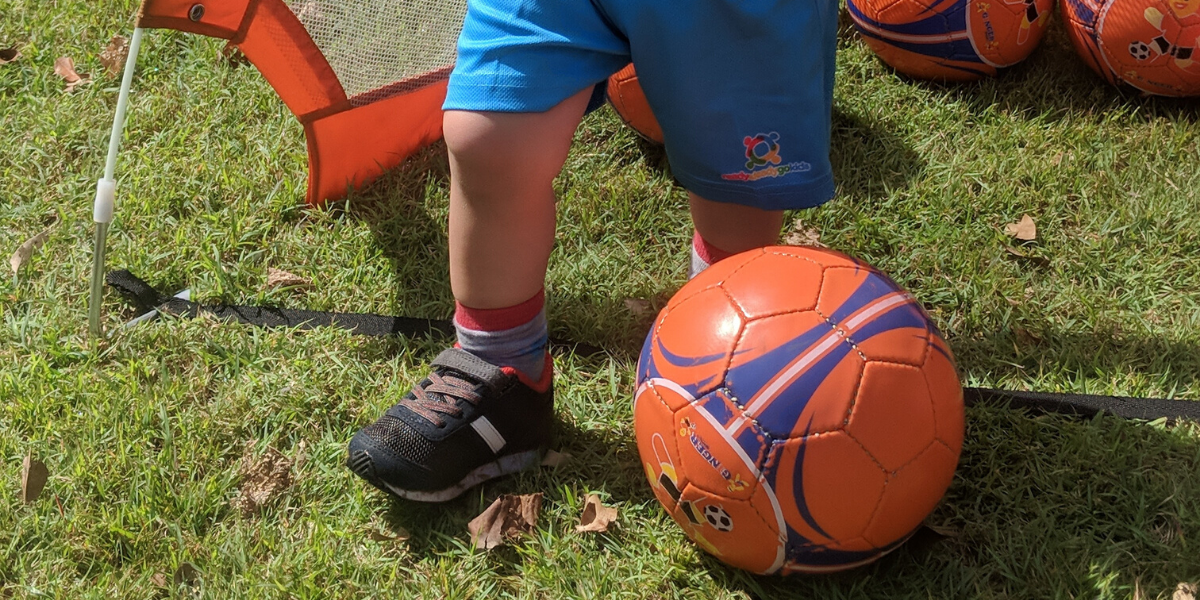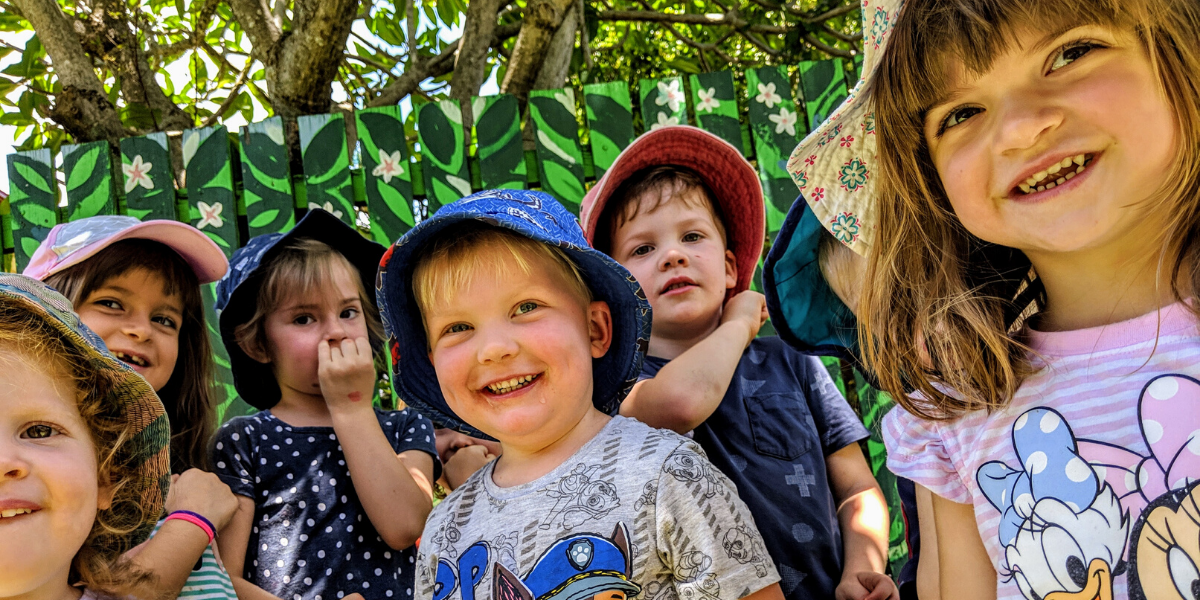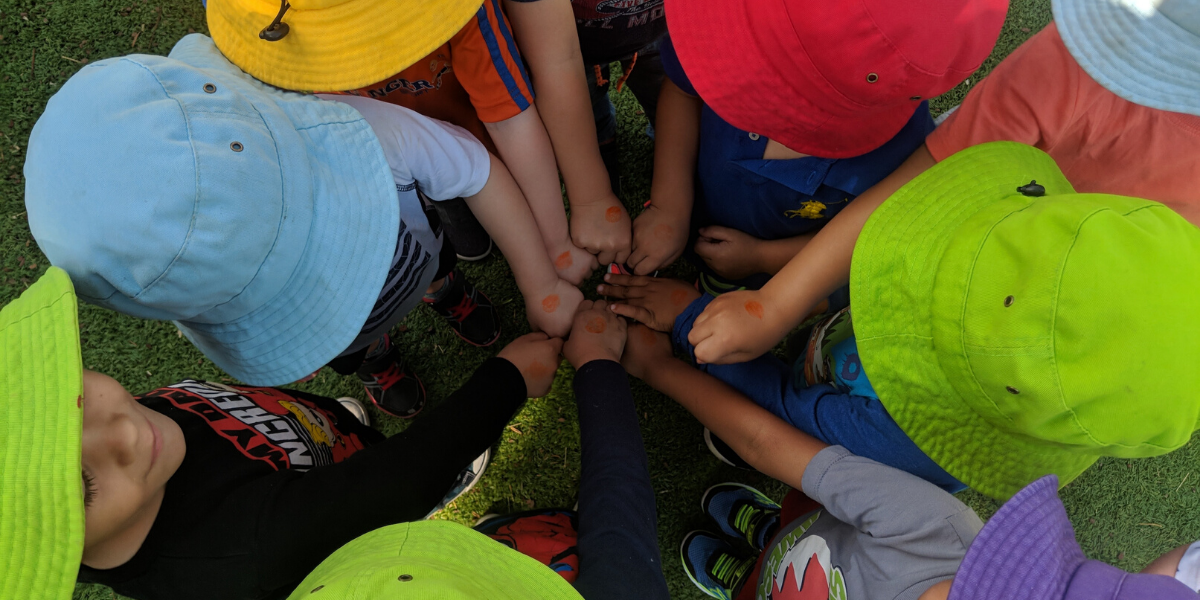
Annual Pass 2026 now available!
The Music Beat Kids Annual Pass for 2026 is now available Looking for a great Christmas present? Look no further – we will have your

In an increasingly tech-savvy age, physical activity still has a vital role in developing children’s movement and strength.
Children should play under the sun instead of on their phones and other gadgets. There are many physical movements and cognitive processes that are undertaken during sport. These develop skills and capacities that will be important in their lives both immediately and as they grow up and mature.
Soccer is the ideal sport for parents to consider for their children. It’s a game that’s popular for all ages. In fact, more than four billion people are fans of the sport! Not only does soccer develop children’s physical capacity, but it also helps in developing their social and mental skills.
All physical activity helps develop a child’s motor skills but soccer checks most of the boxes. Soccer involves running, jumping, kicking, controlling objects, co-ordination, and balance.
Players also hop, skip, and change their speed depending on the ball and their opponent’s direction. It’s a game that develops agility, balance, coordination, and speed. These are basics in the development of a child’s central nervous system in early childhood.
 Enhances self-esteem
Enhances self-esteemThe World Health Organization recommends that children get at least 60 minutes of exercise regularly. This isn’t just for physical health but also for improving self-esteem and mood.
Soccer promotes an environment where kids can learn to perform as part of a team. Teamwork also helps make kids feel good about themselves, especially when they score a goal. It’s a unique sport where every player in the team contributes to the ball’s fate.
It fosters an environment where children communicate their ideas and strategies for the team to win. There is no pressure in outperforming their teammates to gain approval. Everyone runs and kicks the ball.
The teamwork in soccer helps the children coordinate to achieve a common objective. The sport teaches children how to trust each other and build resilience. Whenever a strategy doesn’t work, they can just take a detour in order to the goal.
Soccer teaches kids to stand up after a fall because that’s the only way they can win the game.
 Improves Social Interaction
Improves Social InteractionSoccer is a team sport, you’d need to have a good rapport with your teammates to be able to play with them. There’s a lot of communication involved until the kids can learn how to work and play around each other.
Kids spend a lot of time together as they practice, play, and get out there in the field. They interact, they talk, and they develop a natural bond in the process. They might not know it, but these interactions will shape how they will be able to interact with other people as well outside
Soccer is a team game and kids will know this quickly. They need to play with their teammates and learn to leverage their teammates’ skills. They will know who to pass the ball to, they will know who defend, and more. They learn to think and solve the problem, that is getting past their opponents and straight to the goal.
Soccer is also a good exercise to make the kids feel in control. It empowers them and it allows them to practice their decision-making skills.
 Soccer for success now and later
Soccer for success now and laterSoccer isn’t just a game, it’s also a method that you can use to teach your children many things. Physical skills, mental skills, and social skills are just some of the benefits that kids can have if they play soccer.
Soccer is a game that will make them see the beauty of running for a certain goal and the joy in achieving their goal.
Ginger Sport offers fun soccer sessions for children between the ages of 2 – 7 years old. With regular weekly sessions on offer all across South East Queensland, head to https://www.gingersport.com.au/ to enrol your child today!
For older children, Quest Football Academy offers additional skill development in a culture of fun and inclusion for Under 8, Under 10, and Under 12 age groups. Visit https://questfa.com.au/

The Music Beat Kids Annual Pass for 2026 is now available Looking for a great Christmas present? Look no further – we will have your

Active Parks Music Program dates for 2025 – 2026 We are happy to announce that Music Beat Kids – the home of Boppin’ Babies –